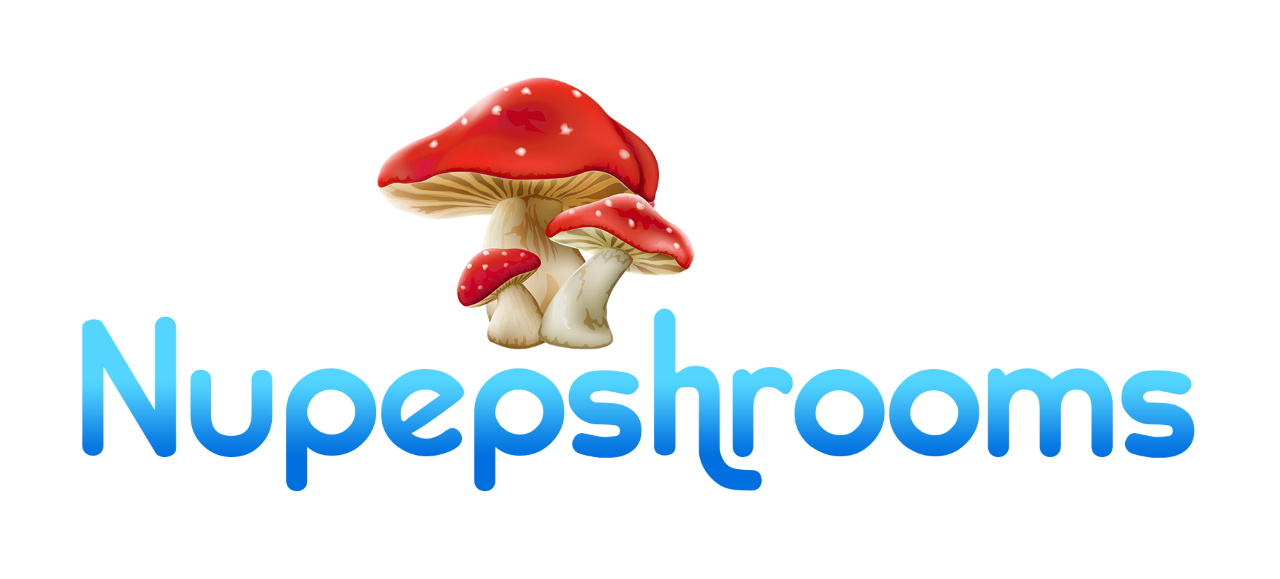Psilocybin mushrooms have gained a lot of popularity because of the benefits that many have associated with them. While there are studies that allude to many of these benefits, the official classification of psilocybin as an addictive drug with no medical merit does not acknowledge these.
These mushrooms are being used increasingly as people seek relief from depression, struggle with mental blocks, or are looking for performance enhancement. Microdosing is an emerging field of study that has a huge influence on how the mushroom is being used. Psilocybin is a psychedelic drug at its core, which means that it gives some unwanted effects when it is taken in large quantities. To get the medicinal benefits without having to deal with issues such as hallucination, microdosing is suggested. Here are a few of the benefits of taking psilocybin in this way.
Mental State Preservation
Psilocybin can easily re-wire your brain and alter the way you think for up to six hours. This is because not only can it rewrite your perception of reality, but it also creates new neural network connections in the brain that causes conscious thought to flow differently than it normally does. While there are some people who enjoy this effect, not everyone has the time or wants to have a mind-altering experience.
For these people, microdosing provides an optimal middle ground. The smaller doses allow you to benefit from the therapeutic and mind-expanding properties of mushrooms, as you maintain your ability to function as normal.
This allows for adequate support in getting relief from mental disorders such as anxiety and depression. Cell growth and brain repair are also benefits received from psilocybin, and recent studies indicate the microdosing allows for all of this to occur without any compromise in someone’s quality of life.
Cognition and Hippocampal Neurogenesis
One of the reasons why psilocybin is so effective is because of the way how it binds to and affects receptors in the brain. The stimulation of hippocampal neurogenesis and cognitive function promotes better brain function. Of course, microdosing allows for this to take place without the presence of negative side effects.
This process positively affects the limbic system, which plays a key role in information processing, information consolidation, spatial learning, etc. The fostering of brain cell development and growth, as well as the establishment of new neural network links, is conducive to this behavior. This is the reason that psilocybin is believed to be able to provide relief from symptoms of many mental illnesses.
Degenerative Diseases
While the research is largely inconclusive, psilocybin is believed to have the ability to mitigate degenerative mental diseases such as Alzheimer’s disease. The brain’s hippocampus is one of the first places to be affected when such diseases are present, which allows for the continued memory degradation over time.
Based on the way how psilocybin works, it was thought that it could provide protection to the hippocampal region. While research doesn’t imply that a microdose can be used as a preventative measure, it is seen where it can provide a quality of life improvement to those who have already been diagnosed with the condition.
How to Microdose
Experience with psychedelics goes a long way in getting the dosage right, but many people struggle to do so for quite some time. While it is recommended that you only attempt to microdose if you have previous experience, there is a basic metric that you can experiment with at the onset.
You can try beginning with a single serving of 0.3g of dried psilocybin mushrooms every three days. This allows you to benefit from the medicinal effects without developing an unwanted tolerance. You can tell if you have taken too much if you start feeling reality slipping.
